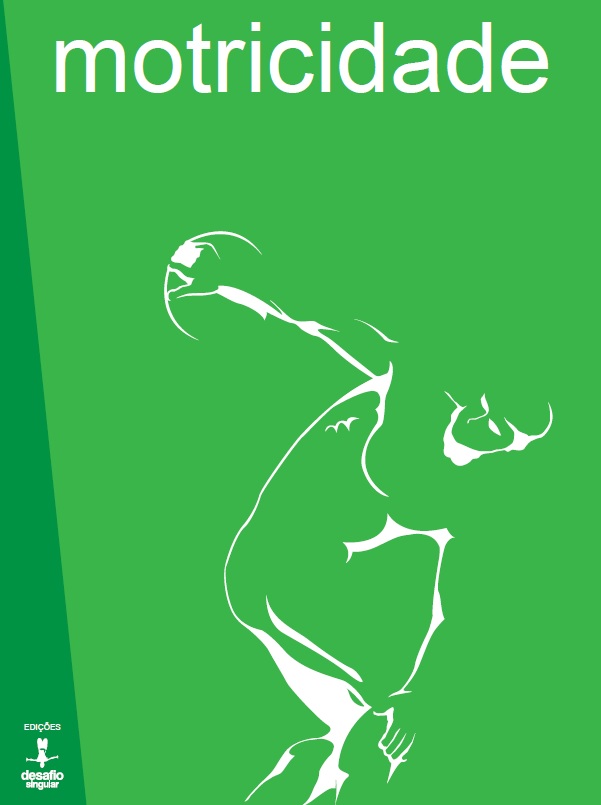Neuromuscular efficiency of the knee joint muscles in the early-phase of strength training: effects of antagonist’s muscles pre-activation
DOI:
https://doi.org/10.6063/motricidade.14094Resumo
It was our objective tTo compare the neuromuscular efficiency (NME) adaptations between resistance exercise methods (with and without pre-activation of the antagonist’s muscles) after six-weeks training. This randomized controlled trial assigned forty-nine men (mean age 20.9 ± 2.2 years; height 1.80 ± 0.1 m; body mass 75.0 ± 8.2 kg) into two groups: 1) Reciprocal Training group (RT, concentric knee flexion immediately followed by concentric knee extension at 60°.s-1); and Conventional Training (CT, concentric knee extension exercise). Both training adopted three sets, 10 repetitions at 60°.s-1, 2 days/week for 6 weeks. NME of knee extension and flexion were assessed pre and post-training. The groups were similar at baseline, for all variables. We found significant effects on NME only for the rectus femoris muscle in the RT group (ES = 0.31; 95%CI [0.30-0,92]; p<0.01). There were no significant differences at NME pre- and post-training in CT and Total Work did not differ between groups. Reciprocal training provided better neuromuscular efficiency, but effects were limited to the rectus femoris muscle. The small effect sizes suggest caution in the results.
Downloads
Publicado
Edição
Secção
Licença
Os autores dos manuscritos submetidos para publicação deverão ceder, a título integral e permanente, os direitos de autor (copyright) à revista Motricidade e às Edições Sílabas Didáticas. A cedência de direitos de autor permite a publicação e divulgação do artigo em formato impresso ou eletrónico e entrará em vigor a partir da data de aceitação do manuscrito. Os autores concedem, ainda, os direitos para a revista Motricidade utilizar e explorar o respetivo artigo, nomeadamente para licenciar, ceder ou vender o seu conteúdo a bases de resumos/indexação ou outras entidades.
Nos termos da licença “Creative Commons”, os autores poderão reproduzir um número razoável de exemplares para uso pessoal ou profissional, mas sem fins comerciais. Nos termos da licença SHERPA/RoMEO, os autores poderão, ainda, disponibilizar/arquivar uma cópia digital final (versão postprint) do artigo no seu website ou no repositório científico da sua instituição.


